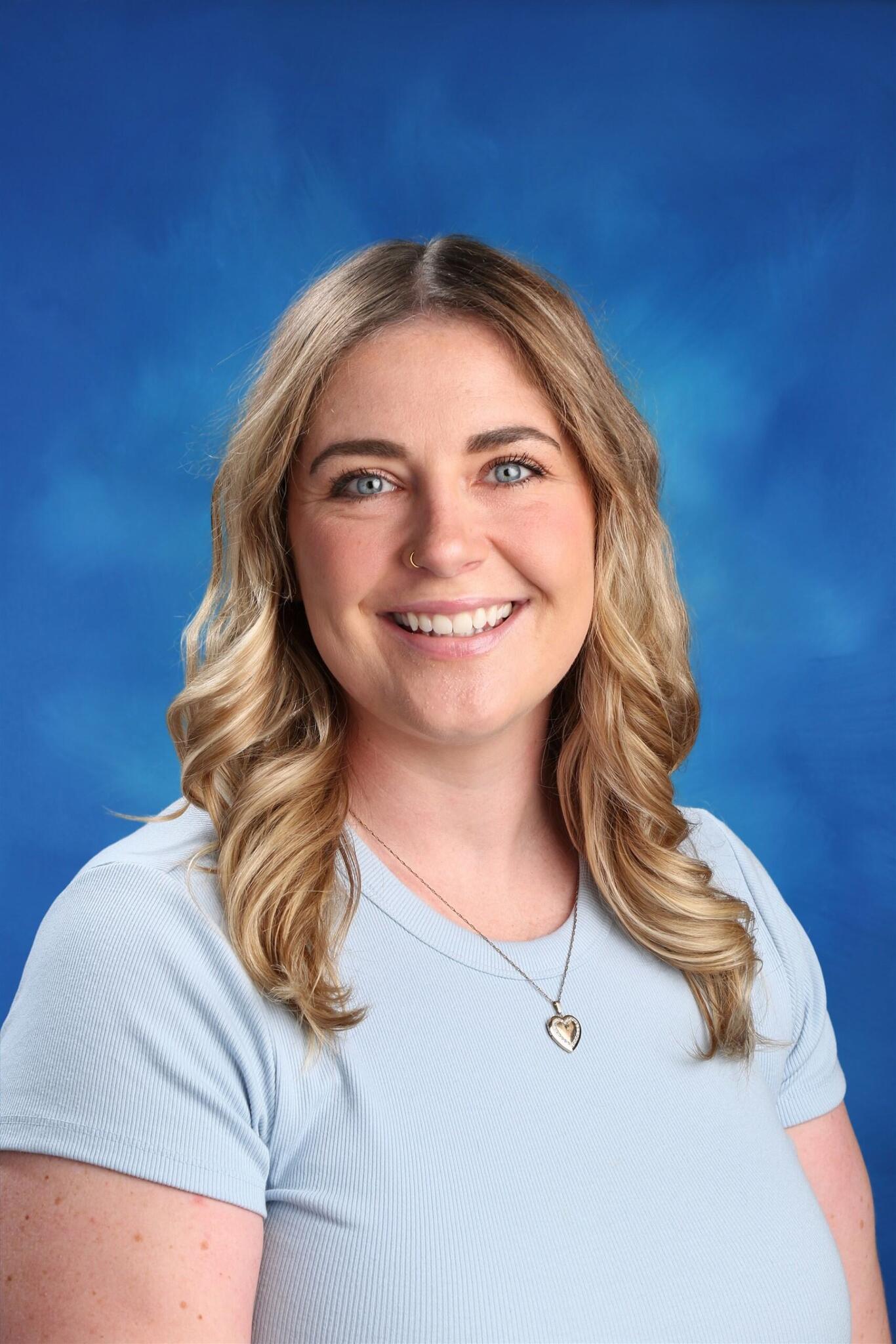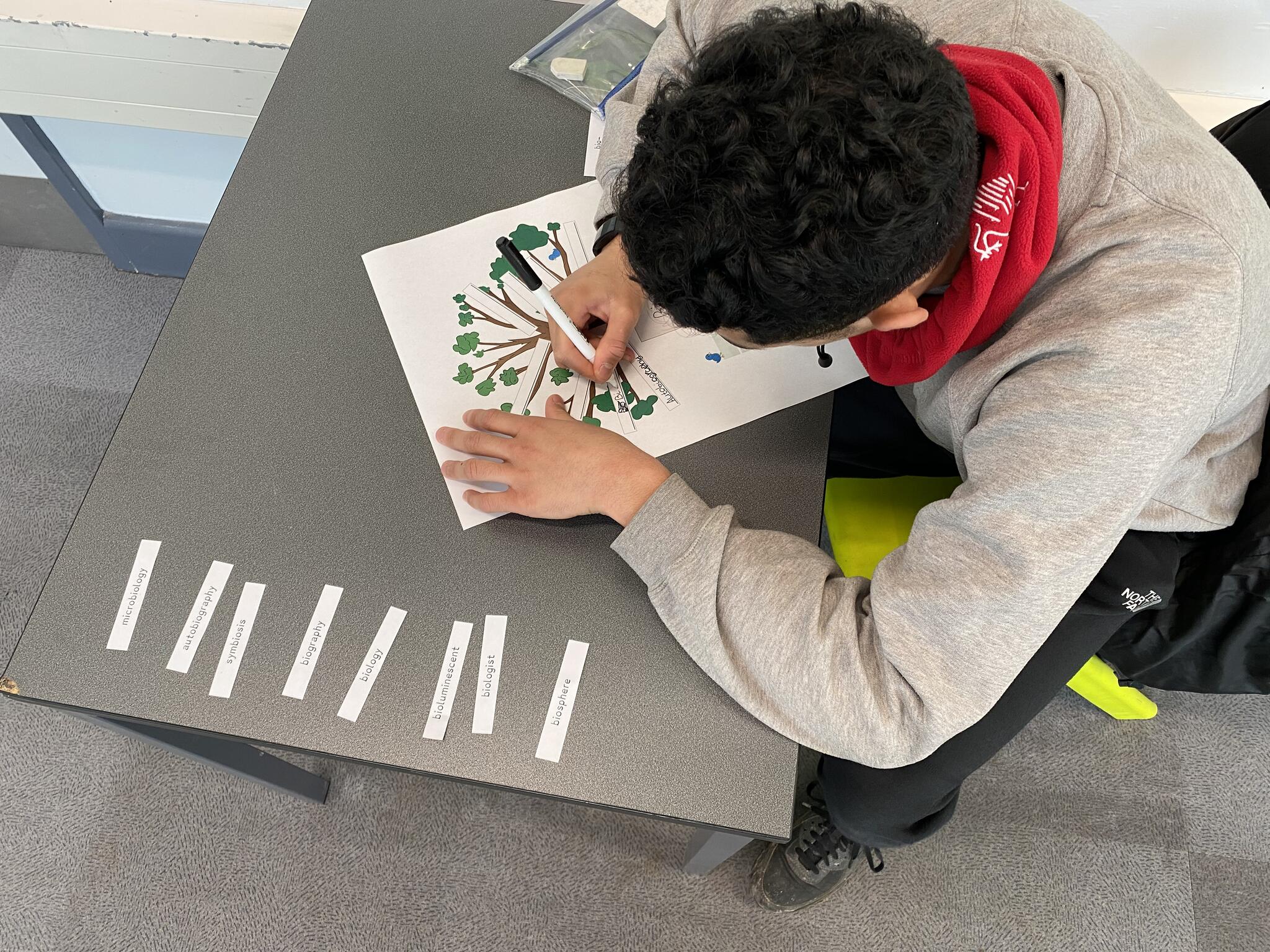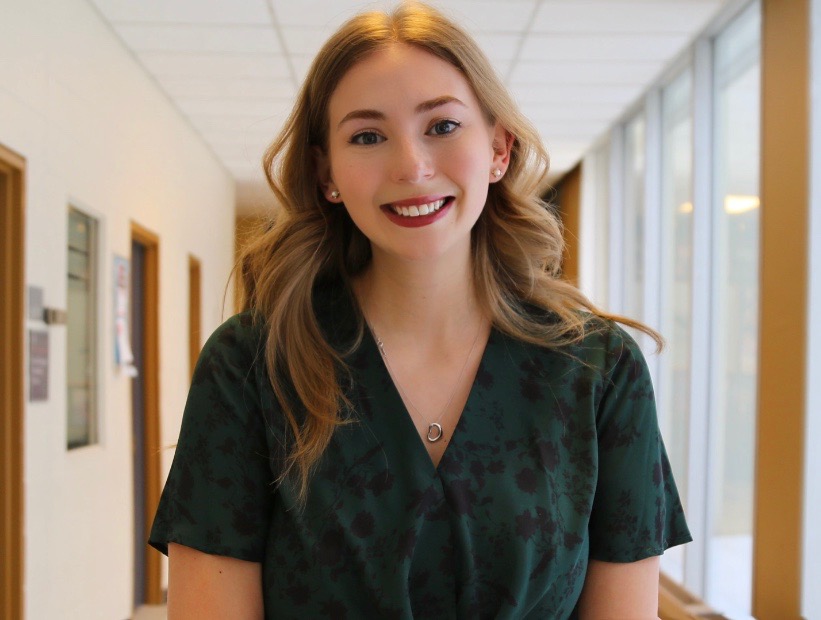Entering a classroom for the first time, new teachers often face challenges balancing the needs of diverse student groups, including those with individualized education plans (IEPs). Educators, students, and alumni from Queen’s are embracing these challenges and working tirelessly to foster approaches to teaching and learning where all students thrive.

Casey Vinkle, ConEd ’18, is one of these new teachers. Casey had always wanted to work in education and was actively involved in sports and coaching from a young age. “Diversity was the norm for how I grew up”, said Casey, reflecting on the neurodiverse and differently-abled friends and teammates from her childhood.
During her BEd, Casey volunteered at a home for the Deaf and blind – this experience, along with her classes at Queen’s, cemented her commitment to inclusive education. Casey’s special education instructor, Dr. Derek Berg, led by example – creating a learning experience for BEd students that was safe and inclusive. Derek’s philosophy was that special education doesn’t aim to change the child, rather it looks to “change the environment to help students succeed”. His approach to teaching special education focused on inclusivity and supporting the mental health of students with exceptionalities.
Casey’s journey eventually took her to The Chiltern Way Academy in the UK, the equivalent of a K-12 school in Canada that specializes in serving the vast range of needs that exist across the autism spectrum.
Casey learned about Chiltern at a presentation at Queen’s led by the school’s chief executive officer, Ian McCaul, and alumna, Allie Minuk. When describing the presentation, you can still hear Casey’s enthusiasm: “It almost sounded like they were presenting a challenge.” A challenge she enthusiastically accepted. She was excited to work with kids with exceptionalities and build on the skills she learned at Queen’s.

Casey taught for two years at Chiltern’s Prestwood campus where all students have autism as well as social-emotional-mental health (SEMH) needs, a British term that encompasses a wide range of characteristics that affect how students learn.
Teaching her first class was like nothing she experienced before. She knew going in that she couldn’t predict everything and working with professors like Derek, she developed a relationship-based teaching philosophy which acknowledges that success looks different for everyone. Casey reflects on this experience, “Queen’s did an amazing job preparing me to be unprepared”.
Her students were not interested in engaging with her at the start; it took months to break down barriers. She leaned on the teaching from her BEd and focused on meeting her students' needs, ensuring they felt safe, and working to build personal relationships. This included cross-curriculum delivery and lots of body breaks and opportunities for physical activities. At Chiltern, she learned a technique called Obvious Reality that helped her communicate with her students more effectively. For example, she wouldn’t ask a student to stop low-level disruptive behaviours, like tapping their pen. Rather, she would simply observe out loud, “you are tapping your pen”, providing a space for students to reflect or respond in their own time and way.
Casey is now back in Canada, teaching at the Ottawa Catholic District School Board and coaching for the Special Olympics – bringing the skills she learned at Queen’s and Chiltern to students in Ottawa.
Shelby Camman (BEd ’18) followed a similar path to Casey. A ConEd student, she saw the presentation about opportunities at Chiltern Way during her Educators Abroad course - changing the direction of her life completely. Shelby completed a practicum placement at Chiltern and was hired at the school as soon as she completed her BEd. Now deputy head teacher at Chiltern, the equivalent of vice principal in Canada, Shelby describes the feeling among staff and students at the school as close-knit and supportive.
Reflecting on her early teaching, Shelby observes that in many of her classes, students struggled with math and English in previous schools before coming to Chiltern. She described this as “a source of stress, anxiety and lack of confidence” and a challenge for her as a new teacher. At first, she found it hard to find a balance between classroom management and learning. Relying on her training from Queen’s, and with the support of Chiltern, Shelby focused on building relationships with students – critical for those whose previous school experience was negative.

A key influence in Shelby and Casey’s path to Chiltern was Allie Minuk (BEd ‘17, MEd ‘21), a current PhD candidate at Queen’s. Like Shelby and Casey, Allie taught at Chiltern after earning her BEd. One of Allie’s instructors at Queen’s, Dr Andrea Martin, encouraged her to take the position at Chiltern. Allie describes learning with Andrea as “absolutely formative”. Andrea teaches in the exceptionalities stream at Queen’s and describes her approach to teaching “my intent is to address the teacher candidates' concerns, uncertainties, and misunderstandings about the challenges that exceptional learners confront on a daily basis. By confronting these issues, we can then move to reframe perspectives and introduce pedagogies that embrace the many ways and means to support exceptional learners which, in turn, can enable their success, both academically and socially, and realize their potential.”

Allie’s first role after graduating was in the “Transition” program at Chiltern, a group of middle school-age students who would otherwise be in several subject-focused classes, moving around to different classrooms and teachers throughout the day. The Transition Program provides continuity as students have one teacher to cover all subjects. Allie reflected on her early days at Chiltern, “I learned so much and students were ultimately very patient with me – I understood the theory and psychology behind everything, but not a sense of what learning looked like in practice”. Her first year of teaching at Chiltern helped Allie build upon what she learned at Queen’s as she developed her practice. She describes the attitude of everyone in the school as “unconditional positive regard” for the students, and a space where she was supported to develop her practice in a safe, inclusive environment.
After teaching at Chiltern for two years, Allie returned to Queen’s for graduate studies. She is now working with her supervisor, Dr. Jordan Shurr to build a bridge between special education research and practice at Chiltern and Queen’s. Building on Jordan’s framework of 12 professional competencies for teachers of students with autism and developmental disabilities, and Chiltern’s successful approach to inclusive teaching, Allie and Jordan are analyzing Chiltern’s innovative curriculum in relation to the 12 competencies. The result of their research will be an evidence-based, co-produced course that weaves together these innovative, classroom-tested, student-centered approaches. Chiltern will use this course to train their teachers, and it will be widely available to interested educators in Canada, the UK, and beyond.
Alumni like Casey and Shelby, dedicated researchers and instructors, and partnerships with organizations such as Chiltern, place Queen’s at an exciting nexus of teaching, learning and research.
Learn more about what’s happening at Queen’s:
Dr Jordan Shurr
Research, teaching, and advocacy are closely related for Jordan – he works with teacher candidates in his classes to answer questions such as “what do I do for kids with exceptionalities in the education system?” and “how do I advocate for these kids?”
Find out more about Add*Ed.
Dr Ian Matheson
Ian’s research examines the knowledge students have about their individual education plans (IEPs). The objective of his research work is to help prepare students to self-advocate. He is exploring how students’ awareness of their IEPs(e.g., extra time to complete an exam) translates into their lives after school. How, for example, will they advocate for themselves in the workplace?
Find out more about Ian's research.